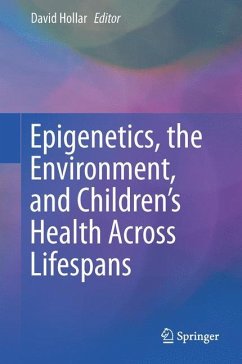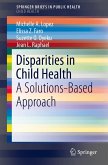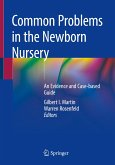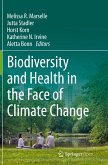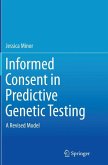This stimulating volume addresses vital questions about gene/environment interactions as they affect cell health from the prenatal period through later life. Beginning with a tour of epigenetic processes in the human body, the book assembles current theoretical and empirical developments across the discipline, among them transgenerational epigenetic inheritance, the effects of maternal nutrition on epigenetic change, and possible links between epigenetics and childhood obesity. Public health and policy aspects of the field are discussed in depth, with the understanding that much can be done to improve our epigenetic health as a species. And in this vein, contributors consider future possibilities, such as the reprogramming of genes to reverse cancer and other diseases.
Included in the coverage:
The role of environmental epigenetics in perinatal and neonatal developmentThe epigenetic biomarker GammaH2AX: from bench science to clinical trialsWhat's the risk? Dental amalgam, mercury exposure, and human health risks throughout the lifespanPost-traumatic stress disorder: neurological, genetic, and epigenetic basesChildren's exposure to alcohol, tobacco, and drugs: long-term outcomesEthical implications of epigenetics
Epigenetics, the Environment, and Children's Health Across Lifespans brings real-world knowledge and applications of this increasingly important field to public health practitioners, maternal and child health researchers, and environmental health experts.
Included in the coverage:
The role of environmental epigenetics in perinatal and neonatal developmentThe epigenetic biomarker GammaH2AX: from bench science to clinical trialsWhat's the risk? Dental amalgam, mercury exposure, and human health risks throughout the lifespanPost-traumatic stress disorder: neurological, genetic, and epigenetic basesChildren's exposure to alcohol, tobacco, and drugs: long-term outcomesEthical implications of epigenetics
Epigenetics, the Environment, and Children's Health Across Lifespans brings real-world knowledge and applications of this increasingly important field to public health practitioners, maternal and child health researchers, and environmental health experts.
"Gene/environment interaction are a young field of research, playing a great role on the intrauterine and postnatal development. The understanding of the significance of epigenetic mechanisms is clearly described in 16 chapters with a large list of references. For geneticists, neonatologists and pediatricians." (Pediatric Endocrinology Reviews (PER), Vol. 14 (2), December, 2016)
"The author describes the purpose as providing healthcare providers, policy makers, and healthcare consumers with a consultative resource to improve epigenetic health worldwide. ... It is directed at healthcare professionals as well as those interested in public health directives. ... Geneticists, as well as those involved in health surveillance such as cancer, may find this book very educational. ... It should raise awareness among the general public about epigenetics. There are very few books that deal with this subject." (Luis F. Escobar, Doody's Book Reviews, May, 2016)
"The author describes the purpose as providing healthcare providers, policy makers, and healthcare consumers with a consultative resource to improve epigenetic health worldwide. ... It is directed at healthcare professionals as well as those interested in public health directives. ... Geneticists, as well as those involved in health surveillance such as cancer, may find this book very educational. ... It should raise awareness among the general public about epigenetics. There are very few books that deal with this subject." (Luis F. Escobar, Doody's Book Reviews, May, 2016)

